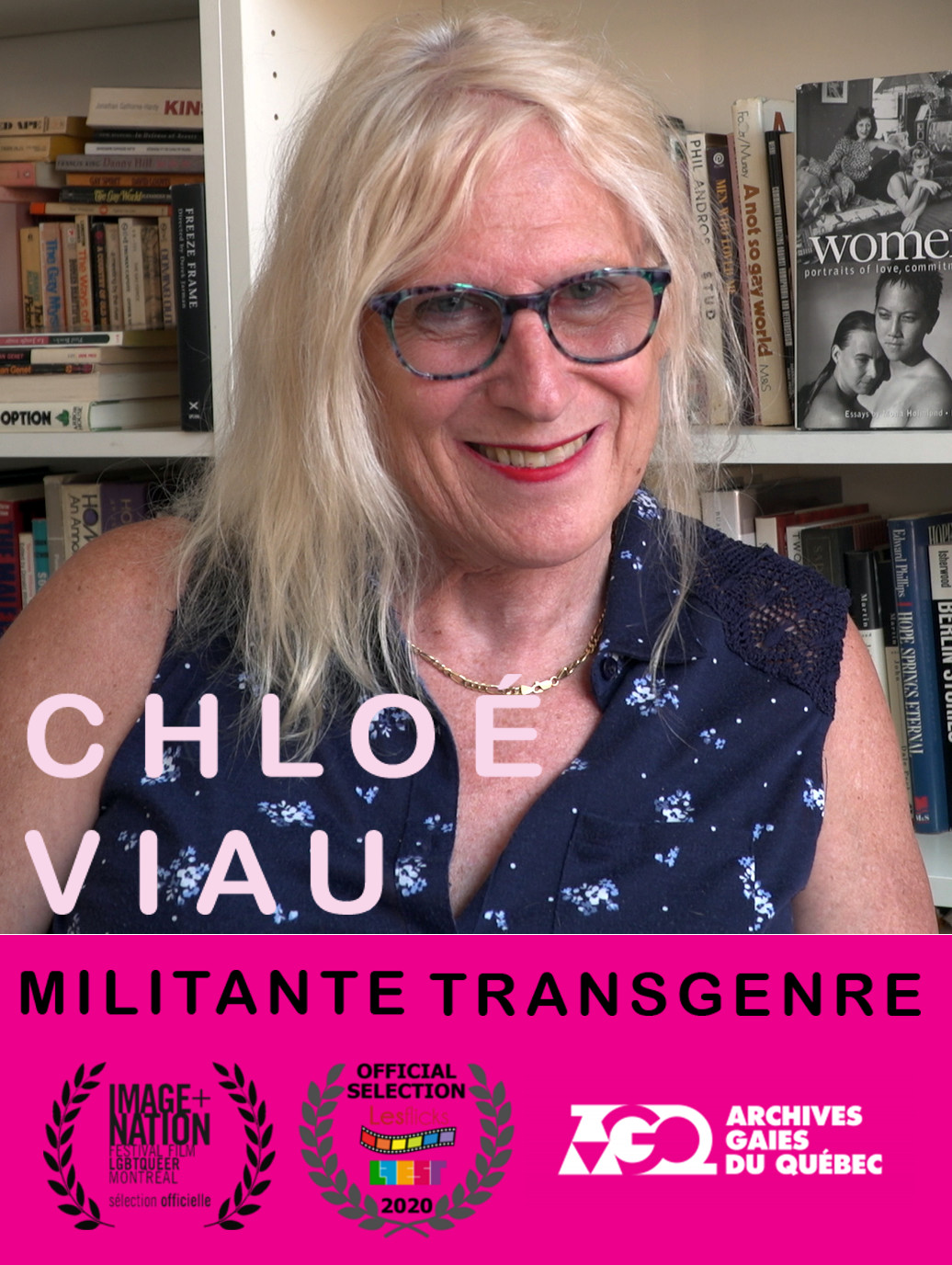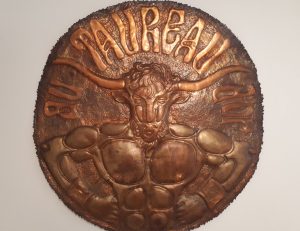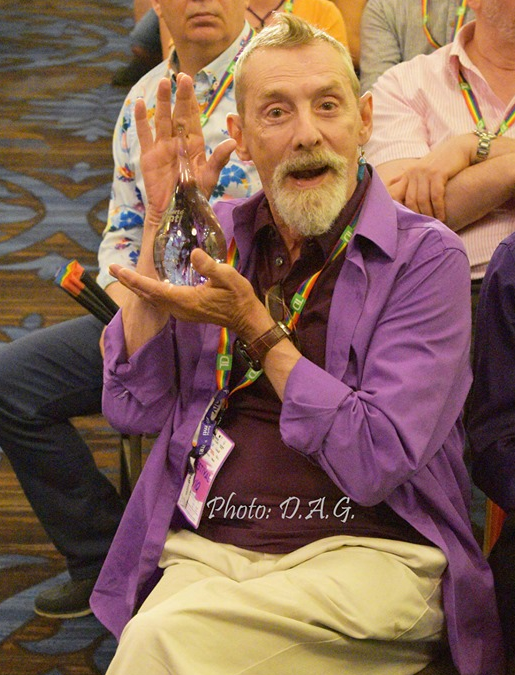Posted at 16:08h
in
What's new
69 POSITIONS:
PORTER TÉMOIGNAGE / OUR VANISHING
MAI,3680 rue Jeanne-Mance, Montréal (PQ) H2X 2K5
August 8-24 2019
In 1969, the crime of sodomy was removed from Canada’s Criminal Code, along with laws governing birth control, gun control and gambling. If only two people enjoyed it in private, anal sex, which had previously carried a 14-year prison sentence upon conviction, was no longer a criminal matter.
In the new legal landscape, divisions of appropriate sexual expression hardened around notions of public and private space. The government had opened the bedroom door to assimilation and homonormativity for some of the populace. Nevertheless, our 2LGBTQ communities’ rich collective expressions have demonstrated brilliant resistance to Canada’s hollow narratives of progress and assimilation.
Examining queer life on the 50th anniversary of 1969, this lucid, critical, and playful exhibition features archival works from the collections of VIVO Media Arts, Vidéographe, les Archives gaies du Québec, the ArQuives, and ARTEXTE, alongside works by collectives such as the Front de Libération Homosexuelle and works that flutter out of the archive by contemporary artists Hazel Meyer, David Widgington and Projet Hybris.
Curated by Jamie Ross
Facebook Event: https://www.facebook.com/events/494781777944508/
Opening: Thursday August 8, 6-9pm
Curator’s tour: Saturday August 10th, 2-3pm
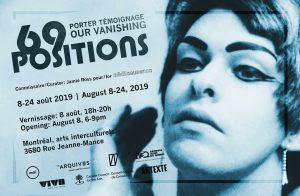
 A few months ago, the Quebec Gay Archives received 507 LGBTQ+ posters from the LGBTQ+ Community Centre of Montreal. These posters date from the 1990s and the first decade of 21st century and were produced by such diverse community organizations as Helem, Gai-Écoute (now Interligne) and Aide au Trans du Québec (ATQ) as well as for events such the M. Uniforme contest, le Bal en cuir, and the Course de la Fierté.
A few months ago, the Quebec Gay Archives received 507 LGBTQ+ posters from the LGBTQ+ Community Centre of Montreal. These posters date from the 1990s and the first decade of 21st century and were produced by such diverse community organizations as Helem, Gai-Écoute (now Interligne) and Aide au Trans du Québec (ATQ) as well as for events such the M. Uniforme contest, le Bal en cuir, and the Course de la Fierté. 